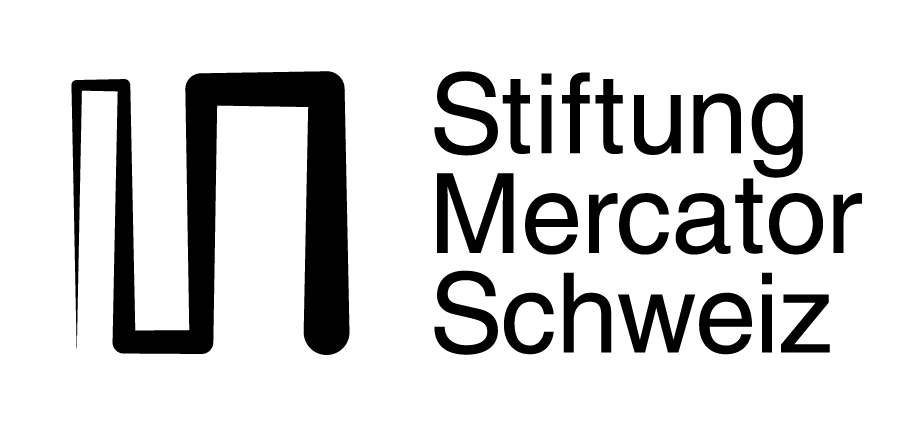
Science and Democracy Network
23rd Annual Meeting
August 29-31, 2024
ETH Zürich (Switzerland)
Program Now Online
The program for Science and Democracy Network is available here!
Registration for SDN 2024 is now closed. If you would still like to attend the meeting, taking place August 29-31 at ETH Zürich, please contact Gabriel Dorthe (gabriel.dorthe@gess.ethz.ch).
About SDN
The conference is organized around the following major themes, with priority given to work by junior scholars. Non-western topics and perspectives are especially welcome.
Institutions: Role of governmental and non-governmental institutions in producing, using, disseminating or contesting authoritative knowledge; institutions with claims to epistemic authority include, besides organized science, NGOs, corporations, international governmental organizations, scientific committees, universities, the state and its agencies, municipal and regional authorities, and courts. The dynamics of knowledge-making across actor categories and levels of governance (cities, regions, states, international organizations) are of particular interest.
Citizenship and Participation: Forms and modes of citizen mobilization and expression around scientific or technological issues, including (new) social movements, novel forms of political expression, participation and activism, patient groups, indigenous peoples, and “liminal citizens” (endangered species, animals, embryos, stem cells, and algorithms, for example).
Communication and Representation: Intersection between political and expert or professional discourses; regimes of producing and extracting value from bodies, persons, and environments and their relationship to political representation; role and political implications of specialized knowledge, science and technologies in (mis)representation, identity-formation, democratic deliberation, repression, dispossession and empowerment.
Topics of interest for this year’s SDN meeting include (but are not limited to):
Teaching STS: How can STS contribute to technical and policy curricula, especially within technical universities, public policy schools, or other professional training programs?
Democracy and the governance of innovation: How does innovation policy cut across and get shaped by different scales of governance (cities, regions, states, corporations, international organizations)? What contestations emerge around responsibility and sovereignty?
The politics of resource extraction: How are environmental and digital transitions imagined in relation to their material demands? How do societies anticipate or predict the future through extractive practices? How does the extraction and use of natural resources influence the political dynamics of sovereignty or citizenship?
The politics of the “planetary” gaze: How have new conceptions of responsibility or rightness been co-produced with technoscientific conceptions of “the planet”? How do the technosciences of the “planetary” environment undo or re-entrench long standing ethical and political commitments?
STS and ethics: How has the relationship between STS and the ethics of science and technology evolved over time? What special insights does STS analysis offer to the ethics and governance of emerging technologies?
SDN Annual Meetings normally include between 24-30 papers. Preference is given to individuals who did not present in the previous year, but all submissions are encouraged and no abstracts are excluded from consideration.

This meeting is organized by the Professorship for Ethics, Technology and Society (Prof. Margarita Boenig-Liptsin), Department of Humanities, Social and Political Sciences at ETH Zürich (Switzerland).
This meeting is organized with the generous support of:





